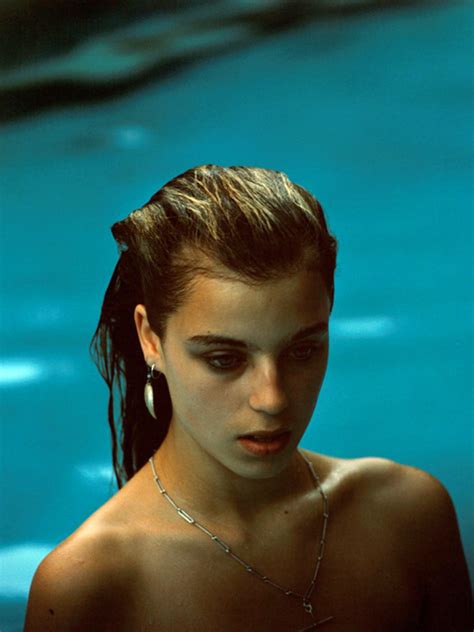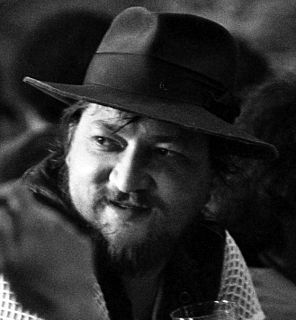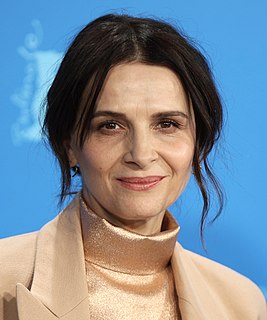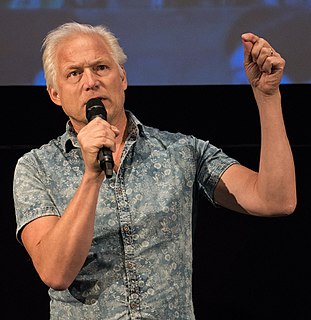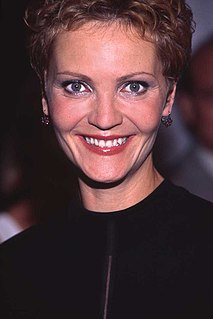A Quote by Bill Henson
When you shoot on film, you don't know whether you've got it or not until you get the film processed, and so it changes the relationship we have with the subject whether it's a landscape or a person in a so-called controlled environment in a chair in a studio in front of you.
Related Quotes
Every decent director has only one subject, and finally only makes the same film over and over again. My subject is the exploitability of feelings, whoever might be the one exploiting them. It never ends. It's a permanent theme. Whether the state exploits patriotism, or whether in a couple relationship, one partner destroys the other.
I left film because I felt that photography was my art. It was something I could do on my own, whereas film was so collaborative. I thought as a photographer I could make something that was artistic and that was mine, and I liked that. And it wasn't until I got back into film and I have very small crews and I could do very tiny filmmaking that wasn't 100 people that I still felt that I was making something artistic as a filmmaker. So, you know, I'm an artist, and whether it's photography or film, I want my voice to be there and I think my voice is very strong in this film.
We see films all the time, whether they have access to all kinds of intellectual property or artifacts, and the one thing that they don't get is story. So I think whether you're talking about a biopic or an action film or a science-fiction film that has all the CGI in the world, if you're not trying to connect with an audience, it doesn't really matter.
I got into film in an odd way - when I was 17 years old I participated in a Swedish film as an actor. I think every person at that age should get a role in a film, because during that time you want acceptance, and when you have a role in a film you become an important person. I think about that now, and that was my fantastic starting point.
The core of the film [Hunt for the Wilderpeople] is that relationship. Whether they're getting on or whether they're not. If that relationship works, then everything else works as well. And you kind of almost, sort of, gives into a realm of something like New Zealand magic realism... There is no world in which social work is actually pursues some kid into the woods in this manner.
You know, independent films have been institutionalized, practically. Every studio has got a boutique arthouse label. There's like, 18 different independent film-financing funds. In fact, I think the children of those films are getting made. A more interesting question is whether those films are going to get seen and appreciated.
I came back to Haiti after the earthquake not to shoot a film, but to help and be a part of the rebuilding process, like all my fellow compatriots. I didn't come to shoot a film, but I became frustrated when I realized that my help was kind of useless. We all felt lost and helpless. And it's out of that frustration that I decided to shoot a film.
